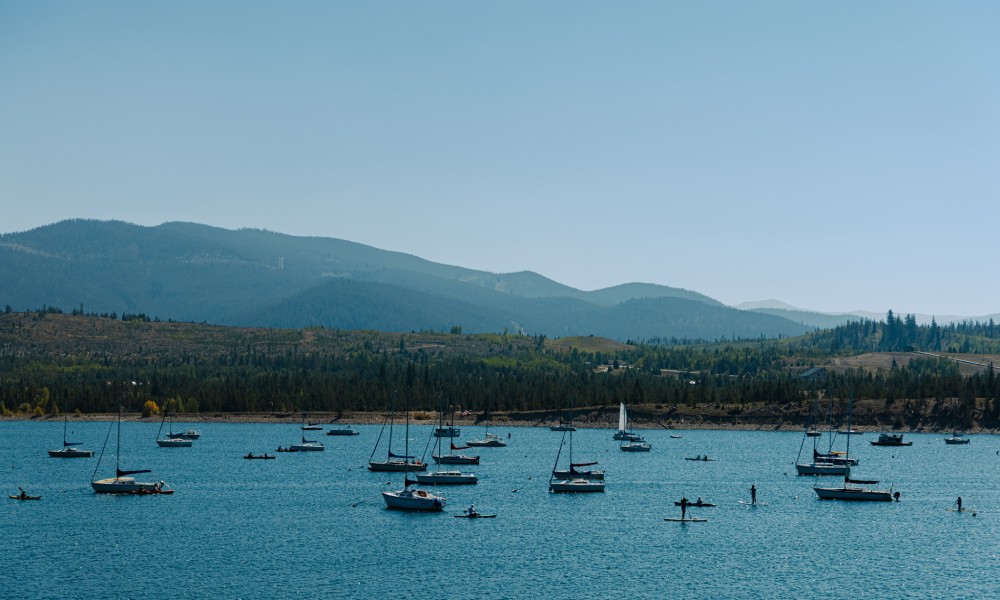If you find yourself on the lake and surrounded by tons of other boaters, you might start to wonder how excessive boating affects water quality. After all, that many people on the same body of water must affect the health of the environment. Whether you’re a seasoned sailor or looking into boating for the first time, it’s essential to understand the impact your water adventures might have on your favorite lake or river. Let’s dive into the details and discover what’s really happening beneath the waves.
Fuel Spills and Leaks
One of the most apparent issues with excessive boating is fuel spills and leaks. Traditional boat motors can spill or leak fuel, polluting the water and harming aquatic life. Every time you refuel, there’s a risk of spillage. Even small amounts of fuel can have significant effects on water quality.
Switching to electric motors can help mitigate this problem. Electric motors do not spill or leak fuel, meaning they do not pollute lakes in the way traditional motors can. While all boats can disturb the water, converting your boat to electric can lessen your impact on your favorite lake.
Sediment Resuspension
Boats, especially those with powerful engines, can stir up sediment from the bottom of lakes and rivers. This resuspension of sediment clouds the water, reducing visibility and light penetration. Aquatic plants rely on sunlight for photosynthesis, so cloudy water can stunt their growth. Sediment resuspension can also release trapped nutrients and pollutants back into the water column, further degrading water quality.
Shoreline Erosion
Excessive boating can cause significant shoreline erosion. The wake from boats can create waves that crash against the shore, gradually wearing away the land. This erosion not only impacts the natural landscape but also affects the habitats of shoreline plants and animals. Over time, it can lead to the loss of valuable ecosystems and increase the amount of sediment in the water.
Noise Pollution
While it might not seem directly related to water quality, noise pollution from boats can have an indirect effect. Loud engines and frequent boat traffic can stress aquatic wildlife, leading to changes in behavior and habitat use. Stressed animals may avoid certain areas, which can disrupt the ecosystem balance and affect water quality indirectly as the natural processes change.
How excessive boating affects water quality boils down to several factors: fuel spills, sediment resuspension, shoreline erosion, and noise pollution. Understanding these impacts can help you make more environmentally friendly choices, whether you’re a veteran boater or exploring beginner boats for first-time boat owners.
By switching to electric motors and being mindful of your boating habits, you can help preserve the pristine condition of your favorite water bodies. Happy boating, and remember, every little action counts when it comes to protecting our water quality!


